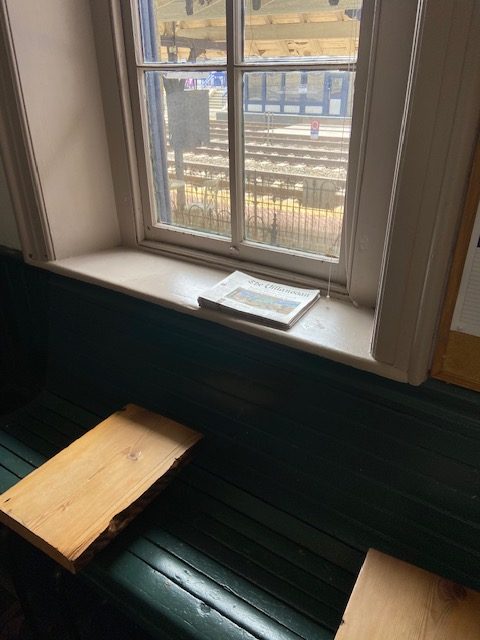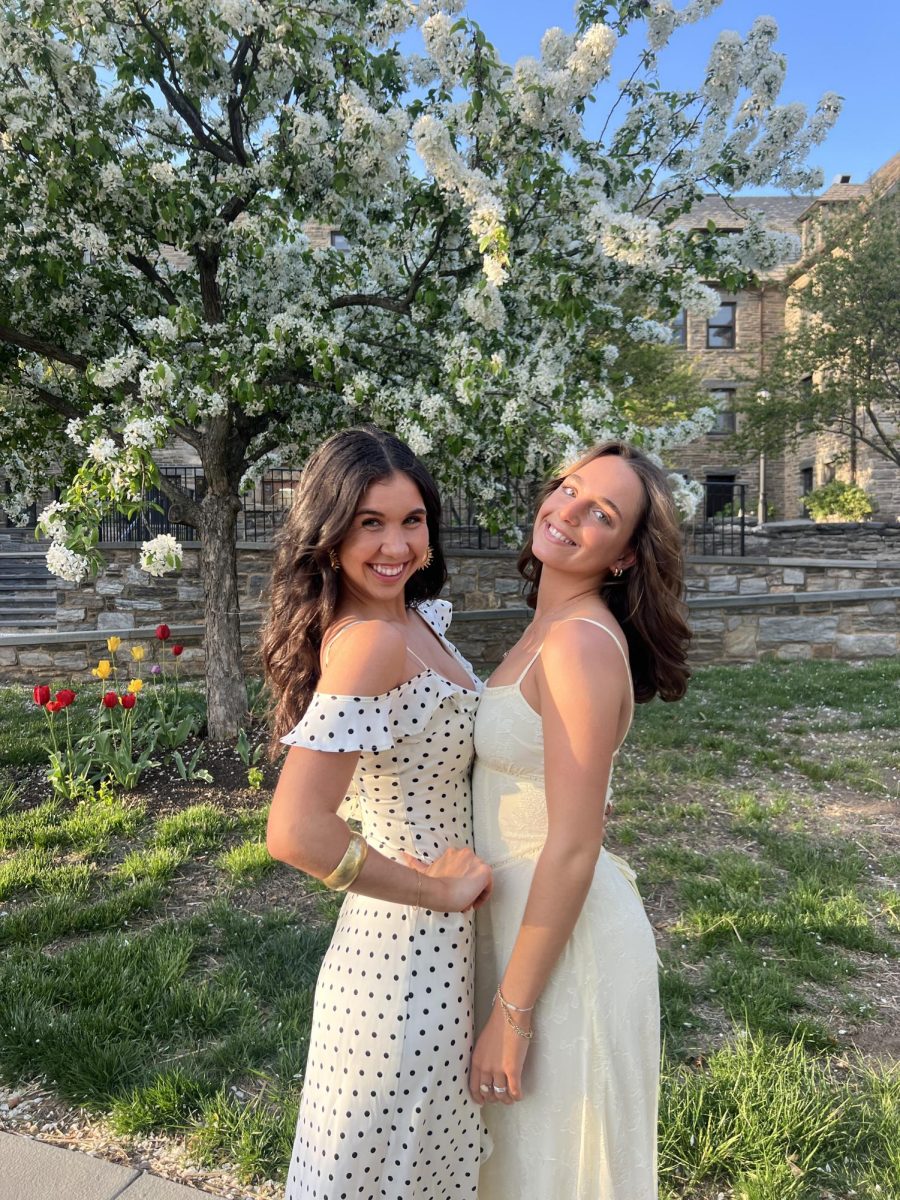Welcome back to a new year of ListenUP. This week’s recommendation is for those who prefer to listen to their news as opposed to reading it. NPR is a great place to get news. Whether one is interested in music or culture, it has almost 50 podcasts on its website. This week’s article is spotlighting a specific podcast channel from NPR’s library, Hidden Brain. This channel is no longer producing current episodes through NPR. However, it is a great channel to help one get into its other podcasts.
Hidden Brain was first created by social scientist Shankar Vedantam, who has dedicated much of his career to exploring mundane and habitual life patterns. His passion for this led him to develop the Hidden Brain podcast to continue his passion for self-growth and development through learning. The episode spotlight this week is “A Rap on Trial,” which tells the story of Olutosin Oduwole, a Black man who was arrested for plotting terrorism against his university.
This episode was released in mid-June of 2020, when the country was in the heat of the “Black Lives Matter” movement. Oduwole’s story began in 2007 when he was arrested in his dorm at Southern Illinois University on the pretense of anticipated armed terrorism.
Oduwole was the son of two Nigerian immigrants who came to the U.S. in their teens. He had grown up during the 90s rap music revolution and had dreams of becoming a musician himself. While he was in college in his early 20s, he was flagged by a firearm supplier because he was attempting to purchase multiple handguns at once. This led into a full police investigation and ultimately to his arrest in 2007.
Oduwole spent most of his free time writing songs, inspired by the emotion and public reaction to a shooting that had occurred at another university nearby. He began to write rap lyrics in an attempt to express the angst and uprising that the shooting had produced. These lyrics were found in his car and later used in court to sentence Oduwole to 10 years in prison.
His story illuminates the rising issue of prosecutions centered around rap lyrics. Vedantam uses Oduwole’s story as a vehicle to address our biases and the assumptions we make on a daily basis. The episodes on Hidden Brain challenge structures that many of us view as permanent and unchangeable. The goal of the podcast is to get listeners to explore their inner biases about the constructs around them.
Other episodes include “Wellness 2.0: When It’s All Too Much,” led by researcher Sarah Jaquette Ray. This episode gives us suggestions on how to deal with the systemic problems our country is facing and how to rediscover our contentment when we get stressed. Other channels from NPR that cover similar topics are StoryCorps, which discusses topics such as friendship, love and loss, or Body Electric, which addresses how our bodies interact with the current technological age. One can find these channels on NPR’s website, or through Apple music or Spotify. Happy listening.








